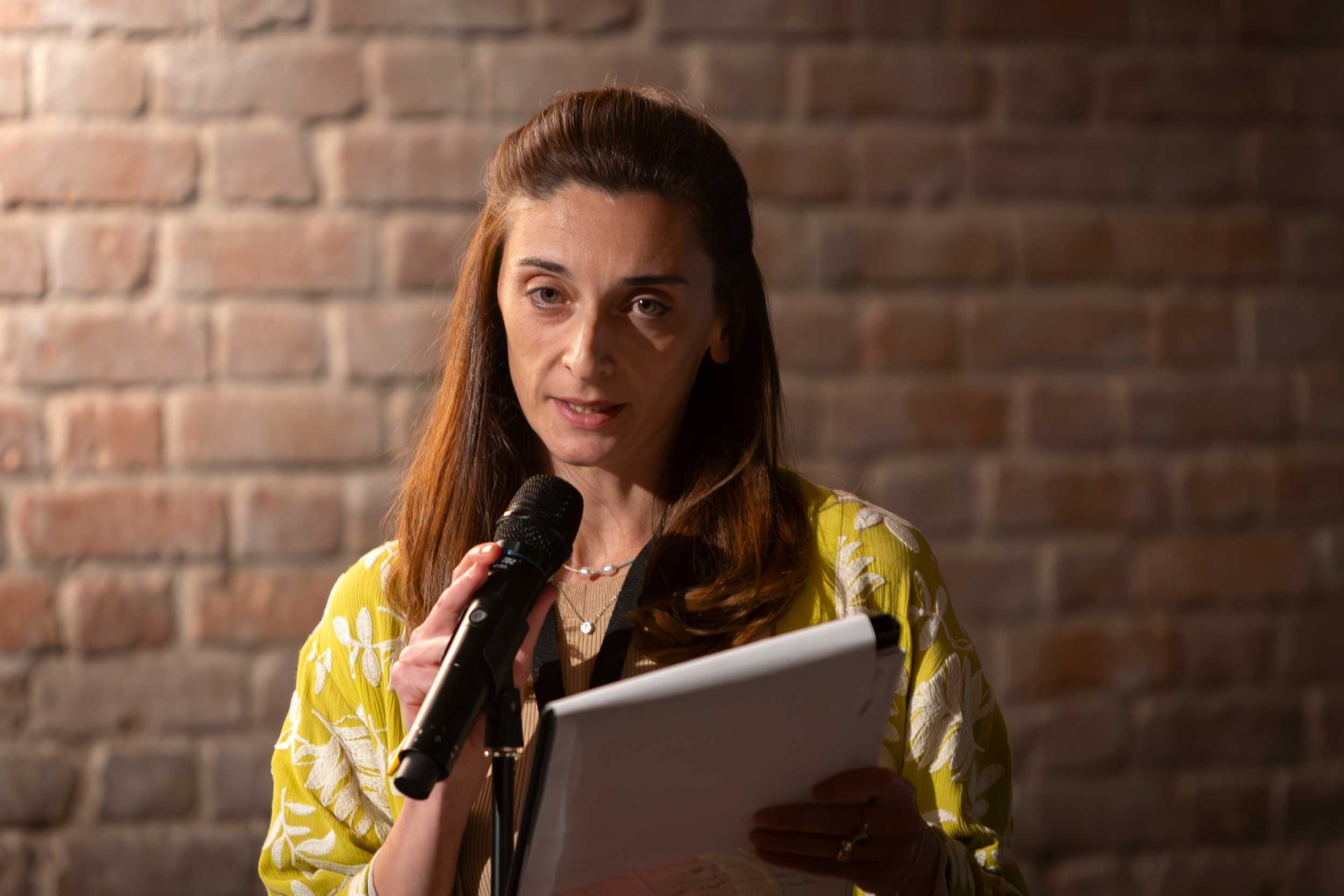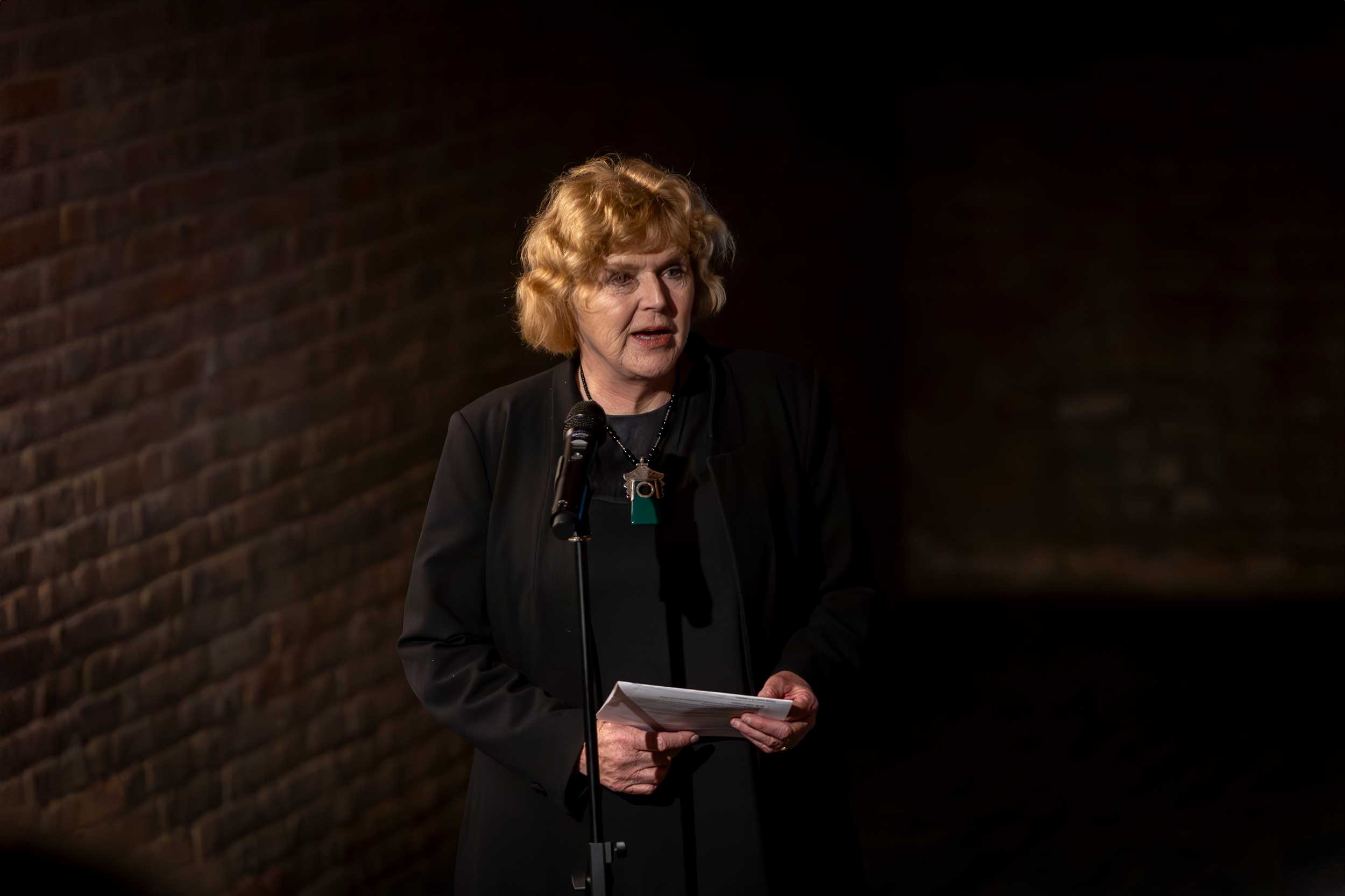Lekso Award: Supporting Journalism and Human Rights
Pieces highlight plight of vulnerable and underrepresented communities in Georgia.
Minority rights, threats to democracy and migration were among the topics of stories that scooped the 2023 edition of the Lekso Award, Georgia’s journalism prize for human rights reporting.
The award supports local, independent media to cover vulnerable and underrepresented communities and human rights violations in the country.
The prize is named after cameraman Alexander “Lekso” Lashkarava, who died after being attacked on July 5, 2021 when a mob took to the streets of Tbilisi to block a planned LGBTI parade organised by the NGO Tbilisi Pride. He was among nearly five dozen media workers who came under attack from mobs in violence that sparked criticism from press advocates and foreign governments. The 37-year-old cameraman received serious physical injuries and died six days later. The exact cause of the death is still unknown.
In December 2021, the Human Rights House Tbilisi (HRHT) established the award in Lekso’s memory with the aim of supporting, maintaining and further developing human rights journalism and media activity in Georgia. Since 2022 the award has been co-funded by IWPR, within the framework of the project Amplify, Verify, Engage: Information for Democratisation and Good Governance in Eurasia, supported by the Norwegian Ministry of Foreign Affairs.
"Similarly to Lekso, media professionals often document and report about human rights violations, they keep the space to stand up for human rights and their role is essential in building democracy and rule of law,” explained HRHT coordinator Natia Tavberidze.

On November 2, the jury awarded the Best Human Rights Photo Story to Publika’s photojournalists Natia Leverashvili and Aleksandre Keshelashvili for their work covering the protests that followed the government's attempt to adopt the so-called “foreign agents’ law.
Filmmakers Khatia Ghogoberidze and Dato Koridze excelled in the category for Best Human Rights Defending Video with Another House, a short film exploring why young Georgians take the difficult decision to leave their country.
Teimuraz Inasaridze, from the print and online outlet Southern Gate, was awarded for his story about the struggle of the Muslim community to find a place of worship in a village in Georgia’s south-western region of Samtskhe-Javakheti amid tensions with local government and the mainly Christian population.
“This award, in honour of Lekso Lashkarava, symbolises resilience in the face of adversity,” said Inasaridze as he received the prize. “It underlines the importance of shedding light on human rights issues, becoming a helping hand for the marginalised, and holding those in power accountable. As an awardee, I feel a heightened responsibility to continue to elevate voices, challenge systemic abuses, and contribute to a more informed and compassionate society. [This] fuels my commitment to continue telling stories that matter, to advocate for the rights of the marginalised and to be a voice for those who may not have the platform to.”

In her keynote address during the event, Mary Lawlor, UN Special Rapporteur on Human Rights Defenders, denounced the lack of accountability for attacks against reporters.
“Impunity for attacks against journalists and other media workers covering human rights issues, including the attacks mentioned above, is a significant and persistent problem. I consider these journalists and media workers to be human rights defenders,’’ Lawlor said.
The award is open to all media professionals, including cameramen and photographers, recognising their essential work advancing inclusion and equality and encouraging them to continue building, and keeping alive, democracy and rule of law.
“The award matches IWPR's core mission of strengthening independent media and civil society organisations to build more stable, just and inclusive societies,” said Beka Bajelidze, IWPR South Caucasus director. “The partnership with HRHT has enabled the award to expand its reach and to encourage the coverage of human rights issues and violations, including against the LGBTI community, the country’s most vulnerable to violence.
“The event also served as a platform for sharing some insights on the state of media in the country and to assert the support for investigative and frontline journalists who often pay the ultimate price to record rights violations.”
This publication was prepared under the "Amplify, Verify, Engage (AVE) Project" implemented with the financial support of the Ministry of Foreign Affairs, Norway.
